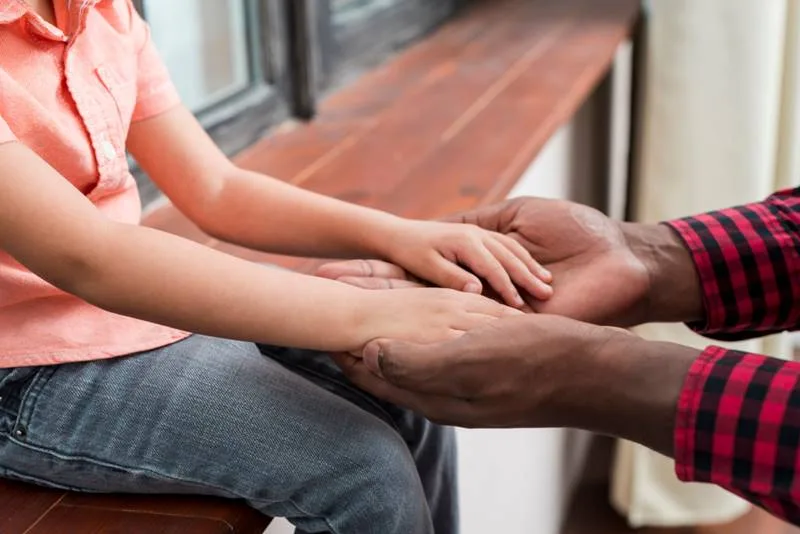Empaths are the people who have a superior sensitivity to the emotions of the other, as they are often emotionally and energetically linked to the people and the environment around them.
Defining a Heyoka Empath
The term “Heyoka” originates from the Lakota Sioux Native American language and refers to a sacred or contrarian clown. In the context of empaths, a Heyoka empath is considered a unique and unconventional type of empath with distinct characteristics that set them apart from other empathic archetypes.
Heyoka-empaths are believed to possess a heightened sense of emotional intuition, making them extraordinarily sensitive to the energies and emotions around them. What distinguishes them is their ability to mirror the emotions of others in a way that serves as a spiritual reflection, encouraging self-awareness and personal growth.
Heyoka empath is one of the subtypes of empathy that has raised interest among many scholars. The Heyoka empath is characterized by his or her ability to mirror and reflect back the emotions of those around them, acting as a mirror for ones reflection and growth.
15 Signs You Might Be A Heyoka Empath

1. Profound Intuition:
Heyoka empaths’ intuition does not match what is ordinary. They have the ability to feel, sense, anticipate situations, emotions, and events with great level of accuracy.
2. Mirror-Like Reflection:
A Heyoka-empath is characterized by the ability to reflect other’s emotions. They mirror the energy and emotions they perceive, serving as a mirror for individuals to see and understand their feelings better.
3. Unconventional Humor:
Heyoka empaths typically have an unorthodox sense of humor. They use humor as a weapon to draw attention to uncomfortable realities and encourage self-reflection.
4. Disrupting Norms:
These empaths have a penchant for disrupting social standards and breaking already held beliefs. They challenge authority, customs, and settled truths in order to promote growth and development.
5. Reversed Language and Actions:
Heyoka-empaths may speak in an apparently contradictory or reversed manner. This innovative method encourages reflection and interrupts established patterns of thinking.
6 Deep Empathy for Chaos:
As opposed to other empaths who can easily be overpowered by chaotic energies, Heyoka empaths have a strong connection to empathy towards chaos. They are aware that chaos is a driver of change and development

Heyoka Empath Awakening: Embrace Your True Nature as the Most Powerful Type of Intuitive Empath
By: Young, James
7. Sensitivity to Nature:
These empaths are deeply connected with nature. Perceiving the emotions of plants, animals, and natural elements, they are highly sensitive to the surrounding.
8. Enhanced Perceptiveness:
The Heyoka empaths have an expanded sensibility that goes beyond the superficial. They sense subtle energies, unspoken feelings, and the underlying dynamics in different situations.
9.Emotional Release through Laughter:
Laughter is a helpful mechanism for Heyoka-empaths to release and change her heavy emotions. They apply comedy as a way of dealing with the problem and as a mechanism of healing.
10. Heightened Empathy for Others’ Pain
These empaths experience others joy and possess an elevated empathy towards their pain. They have the ability to take up and digest the emotional load of others.
11. Unpredictable Behavior:
They are unpredictable, making others defy the status quo and accept uncertainty as a part of life.
12. Spiritual Insight:
Heyoka empaths are naturally gifted with spiritual wisdom. They have deep understandings of the essences of things and have an inside knowledge of spiritual powers.
13. Dream Insights:
Heyoka empaths find great meaning in dreams. They frequently receive inspirations, messages, and instructions, to an even greater extent, through their dreams, which reflect their spiritual path.
14. Healing through Discomfort:
Heyoka-empaths realize that discomfort and challenges are a core part of one’s development. They could help others navigate through painful emotions and conflicts – bringing about healing and transformation.
15. Deep Compassion:
They live their life with an open heart, accepting the pluralistic facets of human experience.





